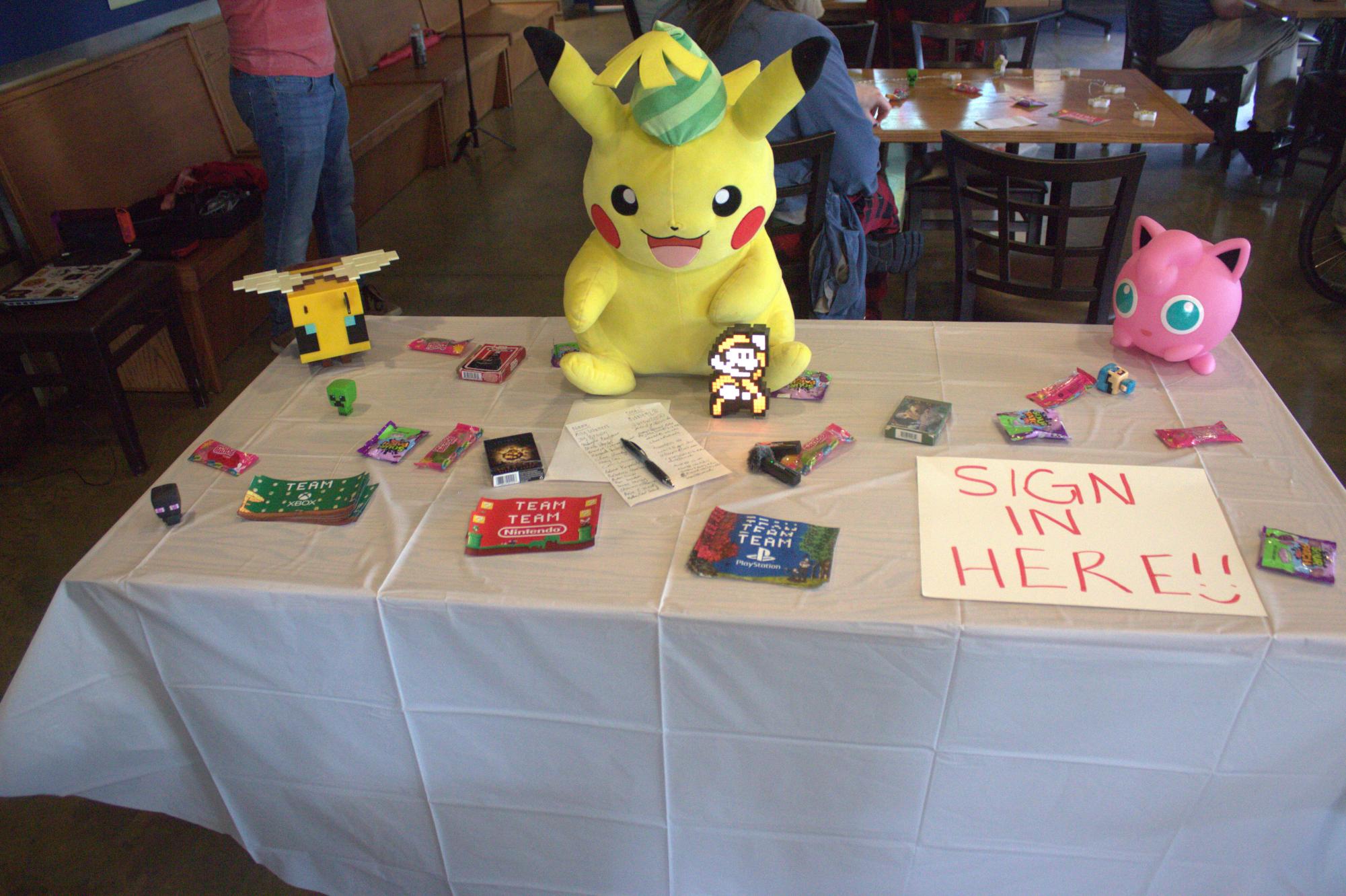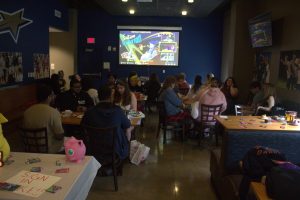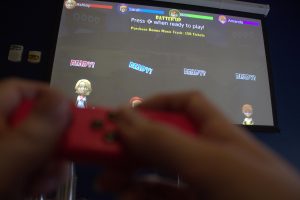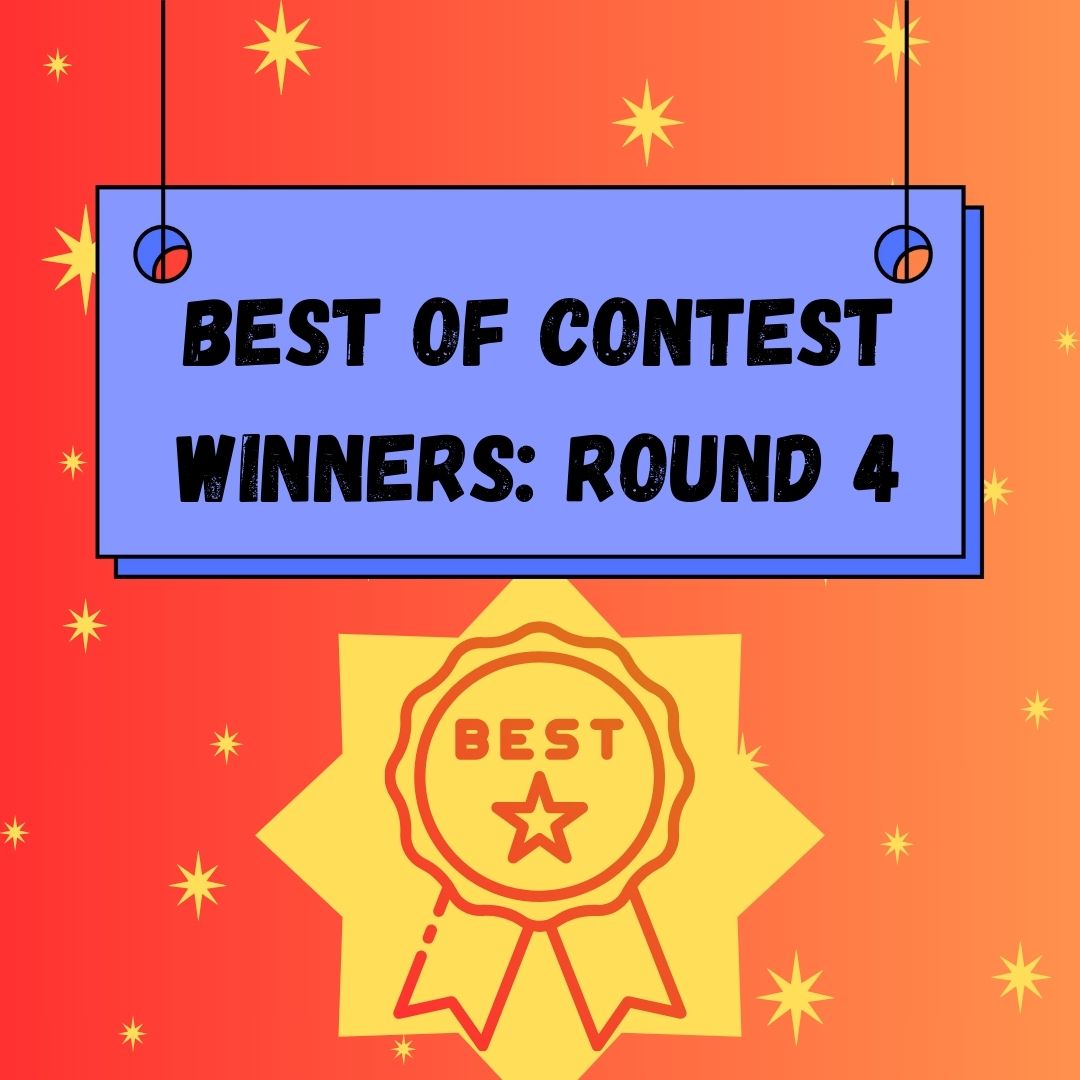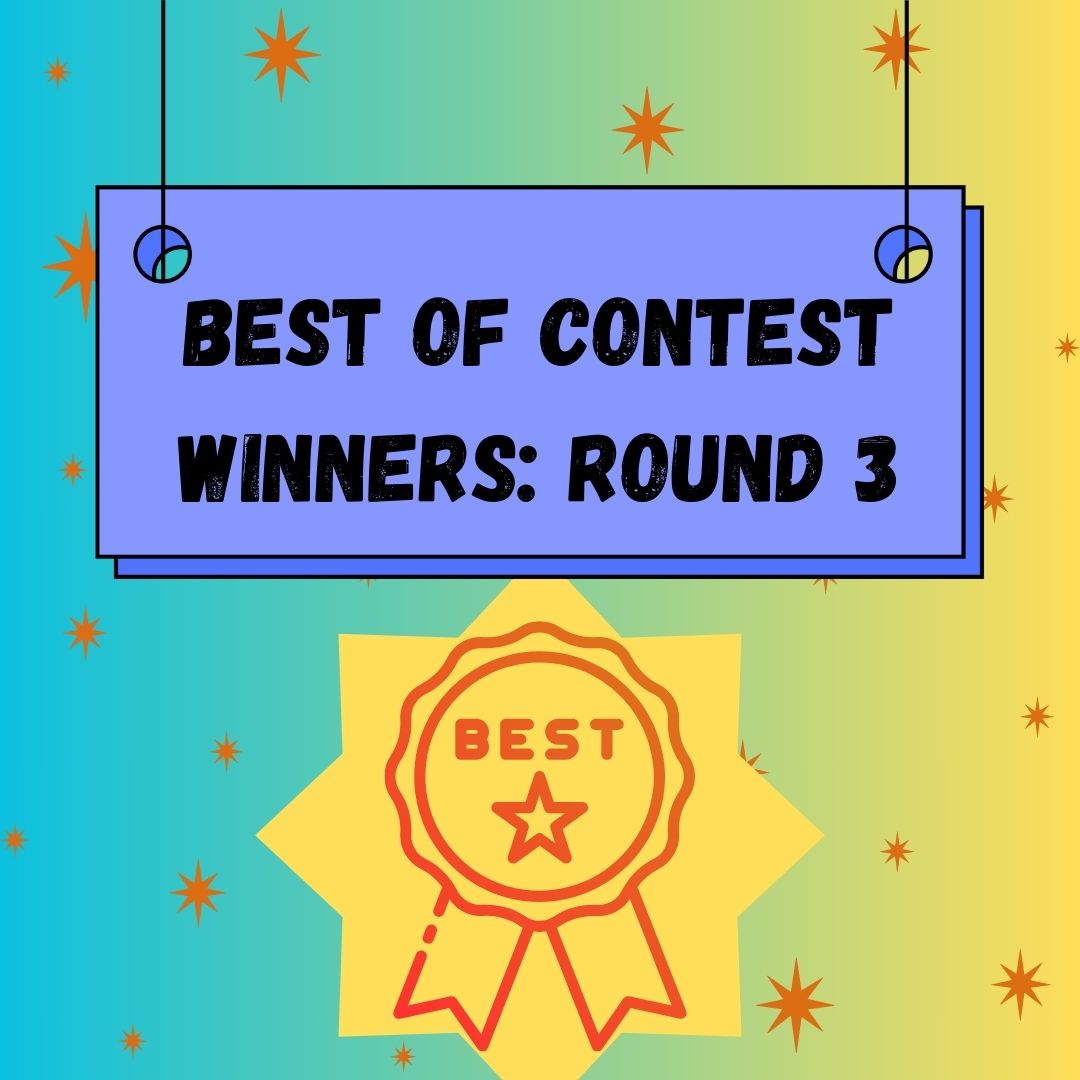On Friday, April 25, the University of Illinois Springfield (UIS) History Club turned its focus from ancient empires and political revolutions to something closer to home for many students: the history of gaming.
The club hosted an event titled “The History of Gaming” with the goal of educating attendees on the evolution of games—from traditional board games to modern video game consoles—while also offering students a chance to play and interact with the games themselves.
According to the club’s UIS Connections page, the event aimed to “educate students about the history of gaming, from board games to video gaming!” It also encouraged discussion and hands-on engagement.
“We will be talking about the history of Nintendo, Sony, and Microsoft,” said History Club President Courtney Mason ahead of the event. Mason emphasized that the session wouldn’t be a traditional lecture. “After our super brief lecture, we will be partaking in snacks and some board games. I’ve got a Nintendo Switch set up for some gaming.”
Mason kicked off the event by walking attendees through the origins and growth of Nintendo, founded in 1977, and its cultural impact through landmark franchises such as Mario, Donkey Kong, and Pokémon. She also gave an overview of the company’s diverse console lineup, showcasing its long-standing influence on the gaming world.
She then shifted focus to Sony Entertainment’s rise with the PlayStation, highlighting its early collaboration with Nintendo before going independent. Mason discussed iconic Sony titles like Spyro the Dragon and Crash Bandicoot, which helped solidify the PlayStation’s early success.
Next, UIS Public History master’s student Shawn Oderio presented on Microsoft’s Xbox—one of the newer players in the console wars. First released in 2001, the Xbox became known for its robust online multiplayer capabilities and innovations in console gaming.
The evening wrapped up with attendees breaking into groups to enjoy hands-on gameplay. The Nintendo Switch was available for digital gaming, while several board and card games offered an analog alternative.
Whether reminiscing about childhood favorites or learning about new platforms, participants enjoyed an interactive and educational dive into gaming history. The event reflected both the club’s commitment to public history and the enduring cultural power of games—digital and otherwise.


